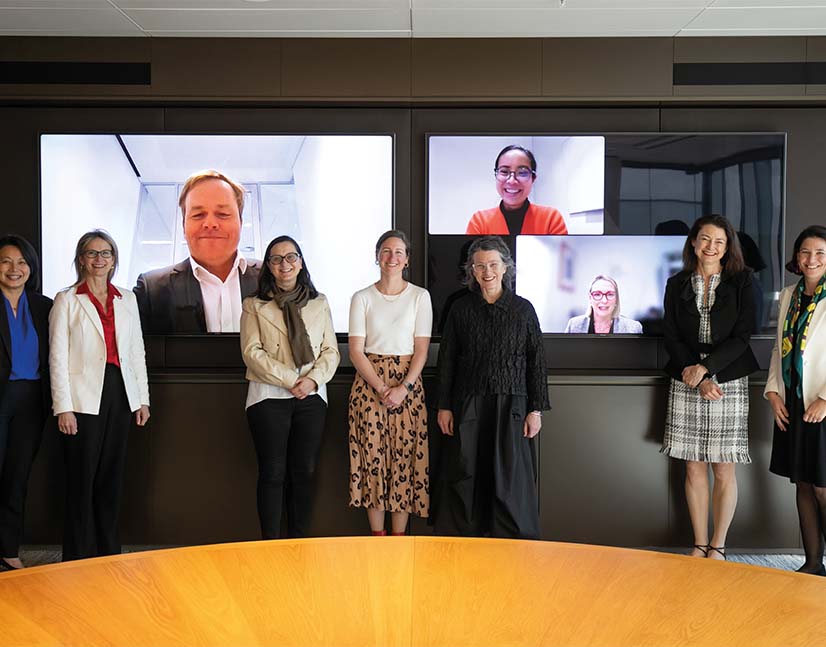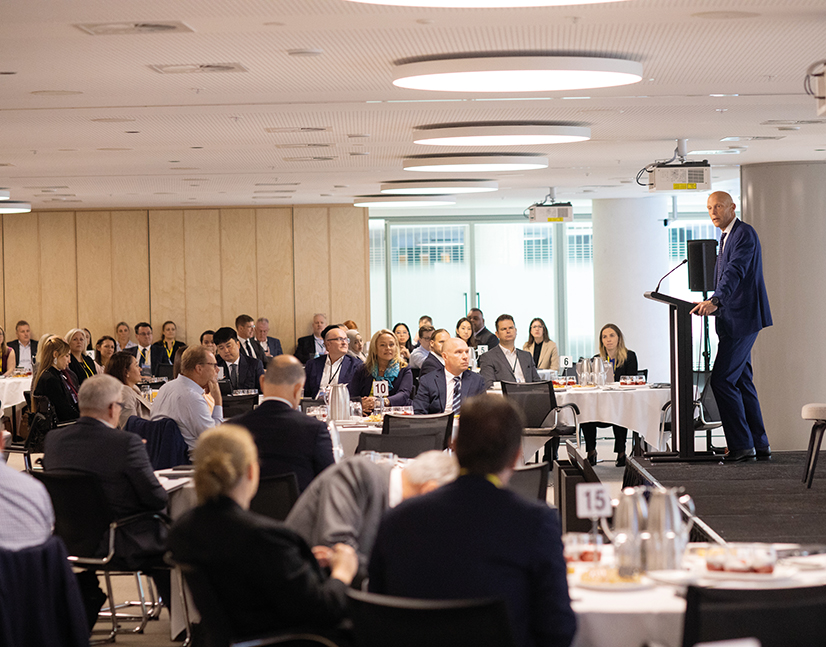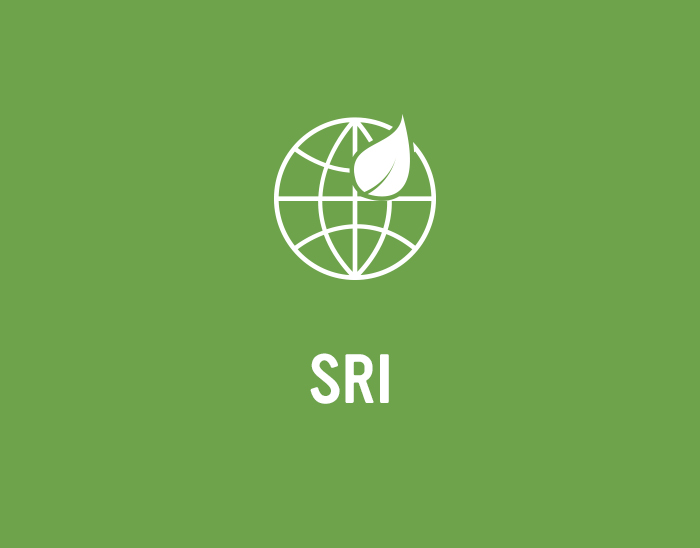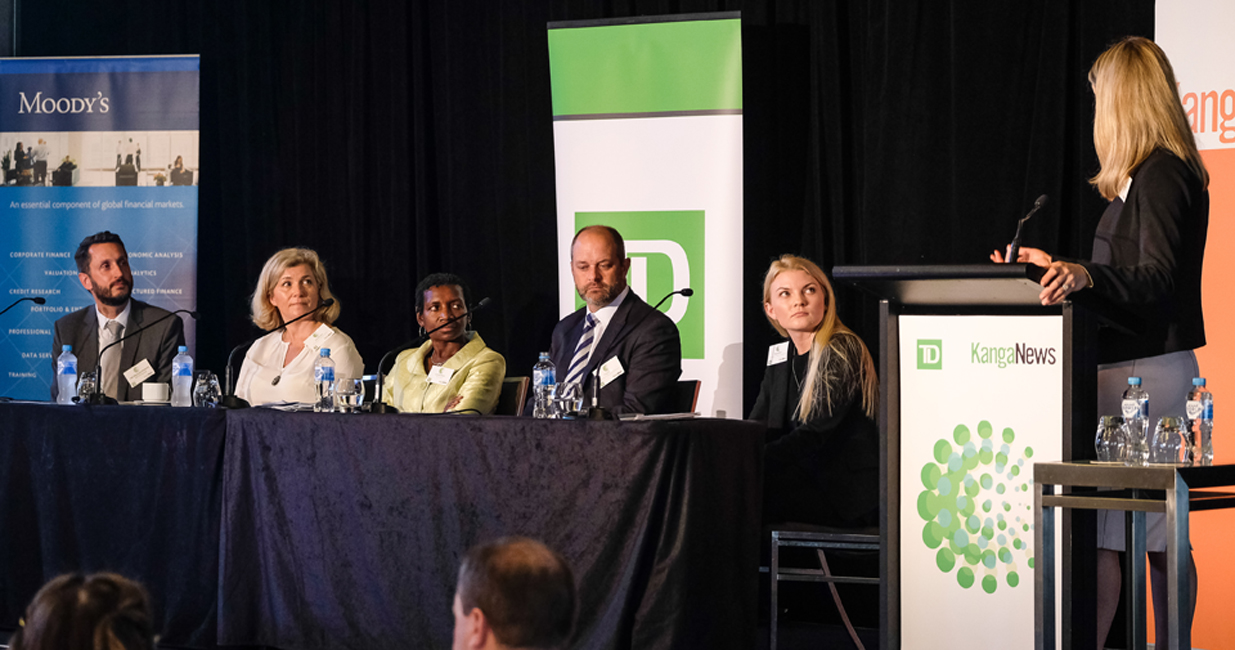
Next steps for SRI
In March, KangaNews hosted its third annual Socially Responsible Investment Seminar in Sydney – at a time in which environmental, social and governance (ESG) principles are planting deep roots in the local investor base and being met by a greater flow of targeted product. Together with its headline sponsor, TD Securities, KangaNews presents a flavour of Australia’s thought leadership in the socially responsible debt space.
“There has never been a regulatory push to green investment in the developed world – we didn’t start investing in or issuing this product for a benefit in risk weighting or a tax advantage. It has been a genuine grassroots movement, at times despite what political leadership is doing. I believe it will create a counterbalancing force to the political environment.”
“QIC signed up to the UN principles for responsible investment in 2008 but momentum was initially a little slow to build. This has changed in the last 3-4 years and there is now a real groundswell of interest in the responsible-investment area of which UNPRI is one of various important components. Many of our clients are definitely interested in ESG, and the feedback we get from our superannuation clients is that their members are asking about responsible-investment practices.”

“The existing electricity-generation assets we have in Australia that are associated with fossil fuels are largely at or past the end of their lives. Replacing coal-fired power stations is not an ‘if’ but a ‘when’ – and therefore a ‘with what’ – question. The cost of wind and solar technology is falling not only faster than expected but faster even than the most bullish forecasts of what could be possible.”
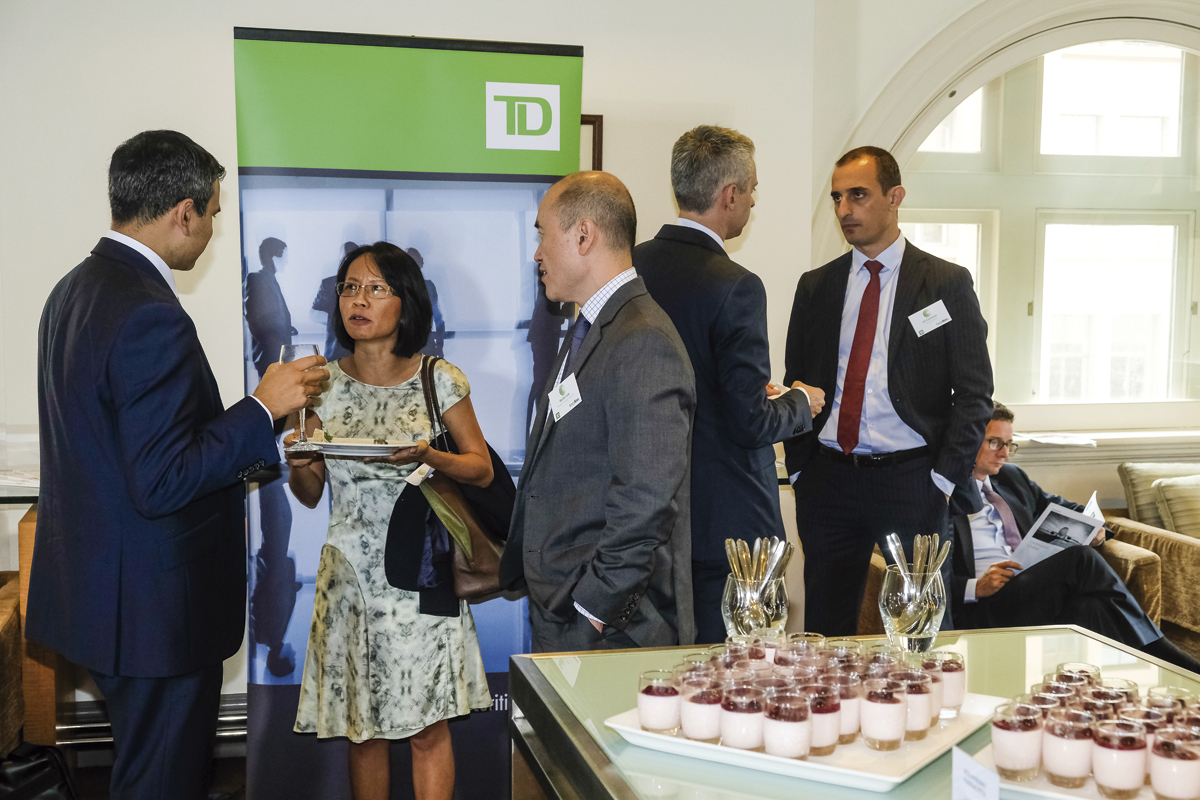
“I believe the next stage of SRI market development will be standardisation. We are certainly very much in support of this concept, which includes initiatives like the development of the social-bond annexe to ICMA’s green-bond principles. Social bonds provide an opportunity to fund projects designed to support particular groups of people – in IFC’s case this might include female entrepreneurs or those living below the poverty line, or who are under-served in finance, healthcare or education access.”
“The massive factor that should make us worry less about individual countries’ climate policies in the long run is technology. It is transforming whole sectors. For example, the scale of industrialisation in China and India will completely revolutionise renewable energy. In addition, trends in battery development and the adoption of electric vehicles are irreversible and have long-term implications.”
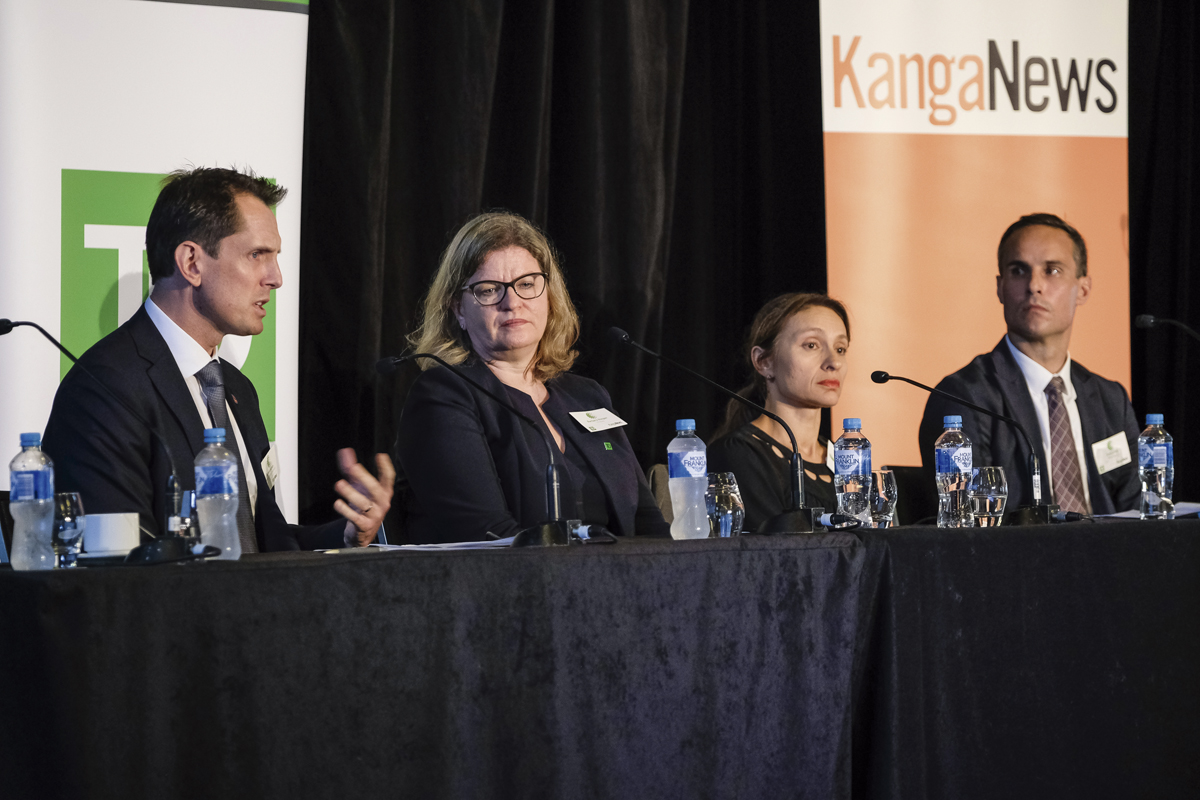
“There are funds in Australia that are dedicated to green investments but not so much to social, for instance, and there appear to be more specialist green funds in the equity space than in debt. We are ourselves a part of growing the funds under management by addressing supply, and we hope issuing more helps attracts more dedicated funds.”

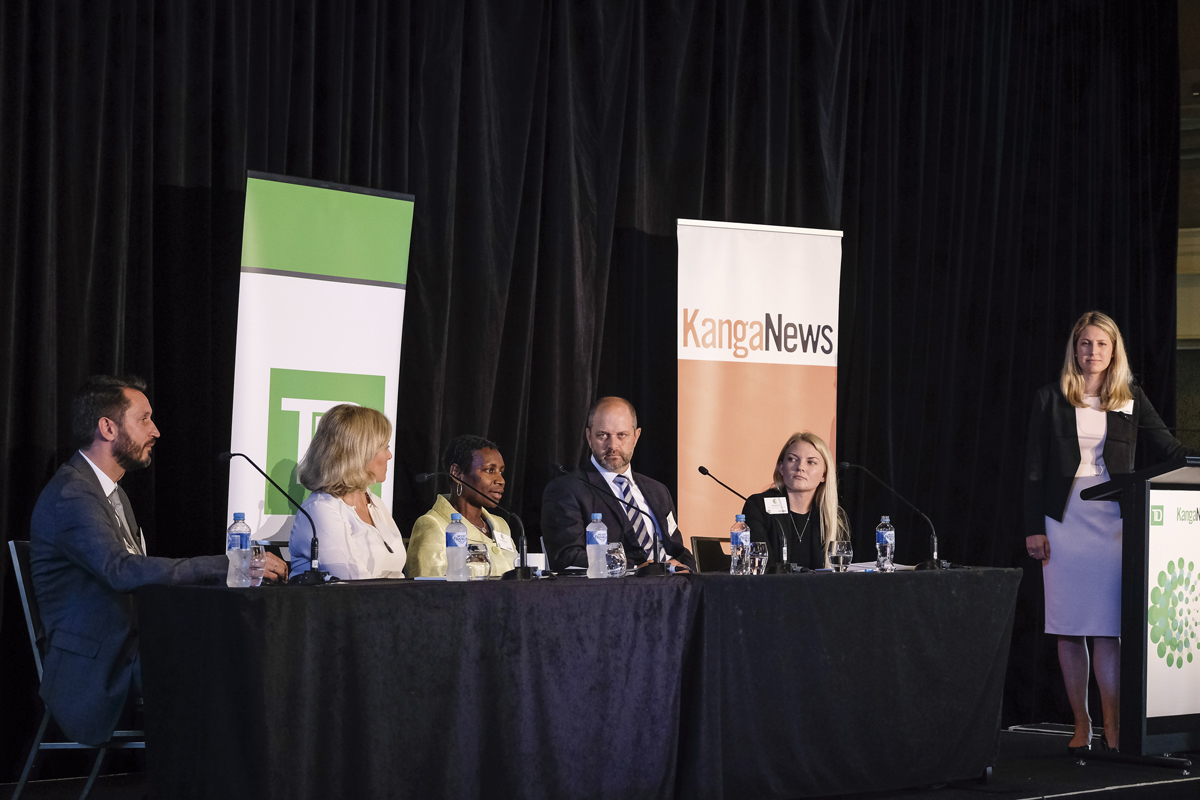
“We would be happy to issue more green bonds in Australia if we see interest from investors looking for climate-focused products. Our goal is to offer strategic bond issuance for specific investors. We are open to repeating the approach we took with our debut Australian green bond – of building around a lead order.”
“For TCV there were a number of motivations to issue a green bond: investor feedback, our ongoing desire to find diversity or alternative funding sources, and the fact that the Victorian government is committed to delivering a climate-resistant, low-carbon economy in the state. This last factor meant we had strong support from the Treasurer and from the departments and agencies. This was extremely helpful when it came to things like identifying complying assets to fund.”

“The green-bond market is still a young one domestically with a limited number of issuers, so we felt it was vital to have face-to-face contact with investors before bringing a deal. This helped us understand the detail of their demand as well as expectations around disclosure and impact reporting. Open dialogue between issuers and investors is essential to developing best practice in the rapidly growing green-bond market.”
“We do impact reporting on a portfolio basis. Though we are sometimes asked for individual project information actually it is probably not in anyone’s interest to do so – because the underlying renewable-energy programme comprises more than 1,000 individual loans each year. There are also issues of privacy.”
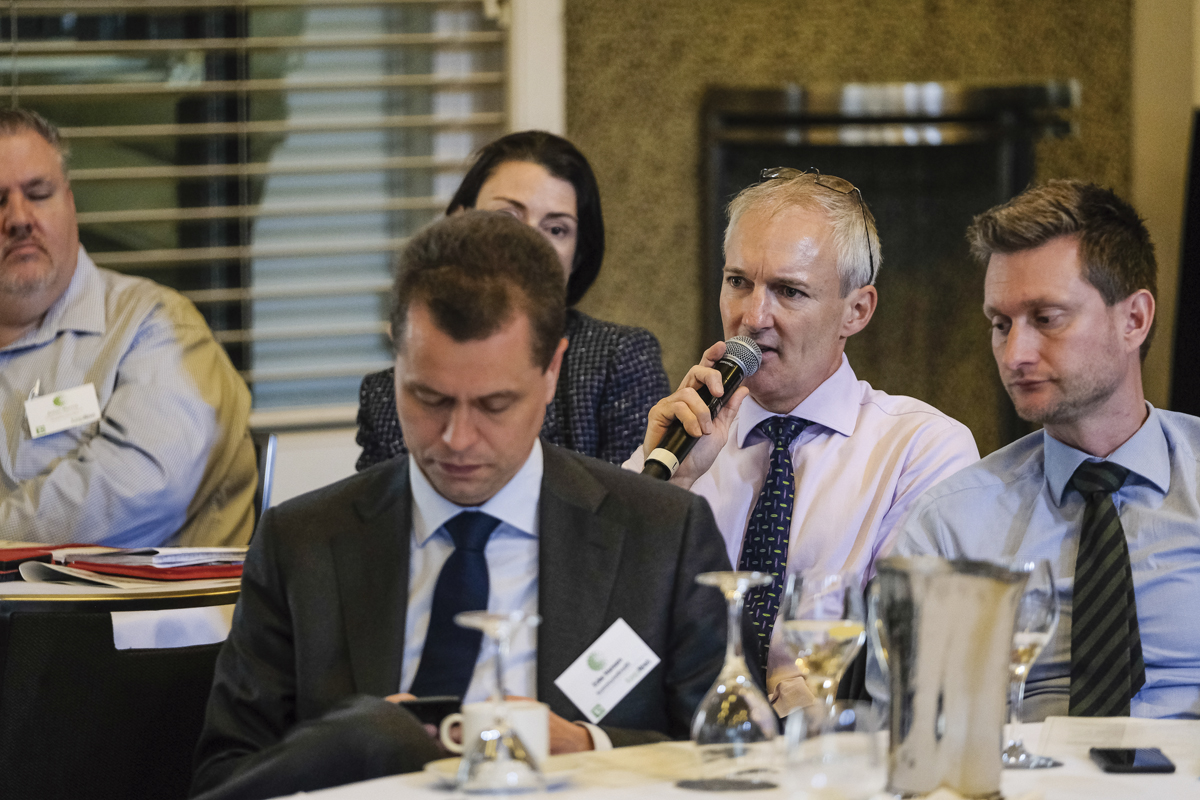
“When we recently completed a syndicated bank financing, we requested in the tender process that banks complete a lender code of conduct questionnaire. We want to know where else a bank is investing its funds, and that its policies around things like the environment, safety and employment align with our own.”

“Our baseline expectation for the political and regulatory environment when it comes to establishing climate-related risk is the commitments made by individual countries under the Paris Agreement. But one of the transmission channels of this risk to individual companies is policy uncertainty – and this is a very familiar factor in Australia. We certainly incorporate expectations of changes in policy or uncertainty around it.”
“Monash University continues to develop its campuses to deliver better learning and research outcomes and competition is only intensifying in the university sector. This means we will be back in the capital market in future, and we will definitely be looking at Australia in the hope that there will be a developing green-bond market for an issuer like us.”
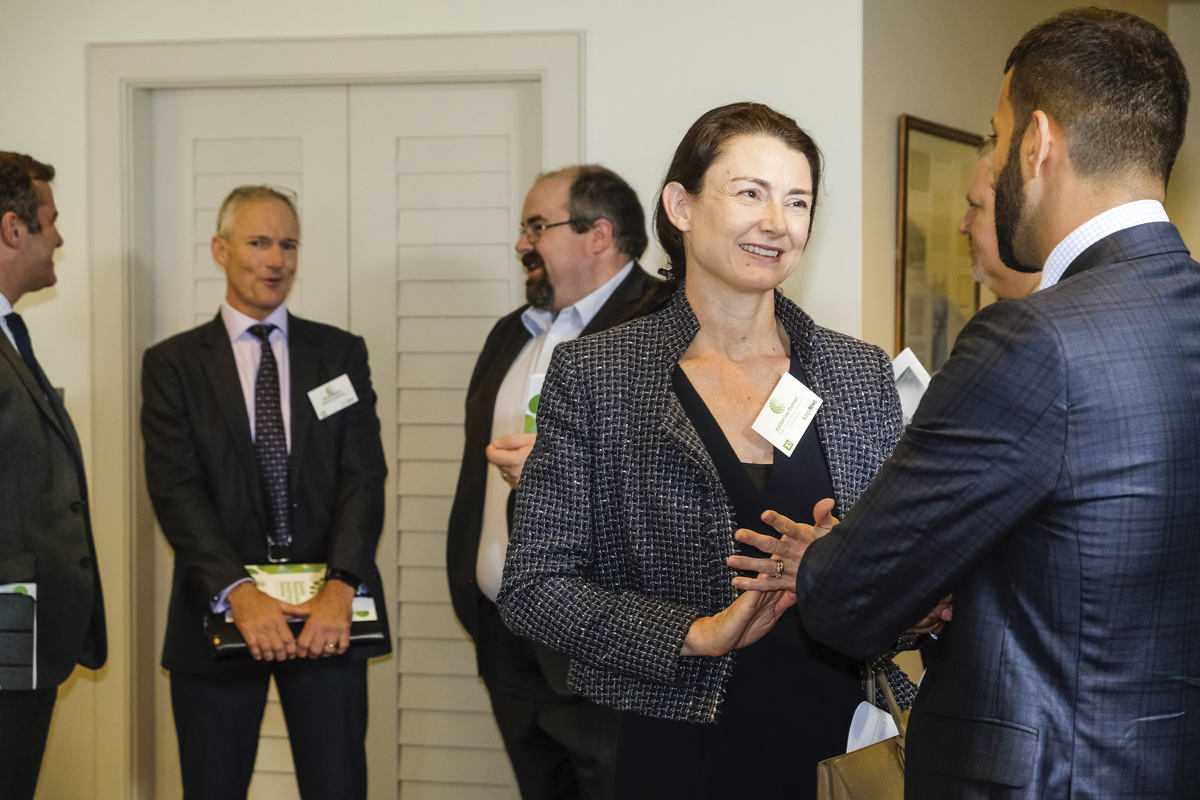
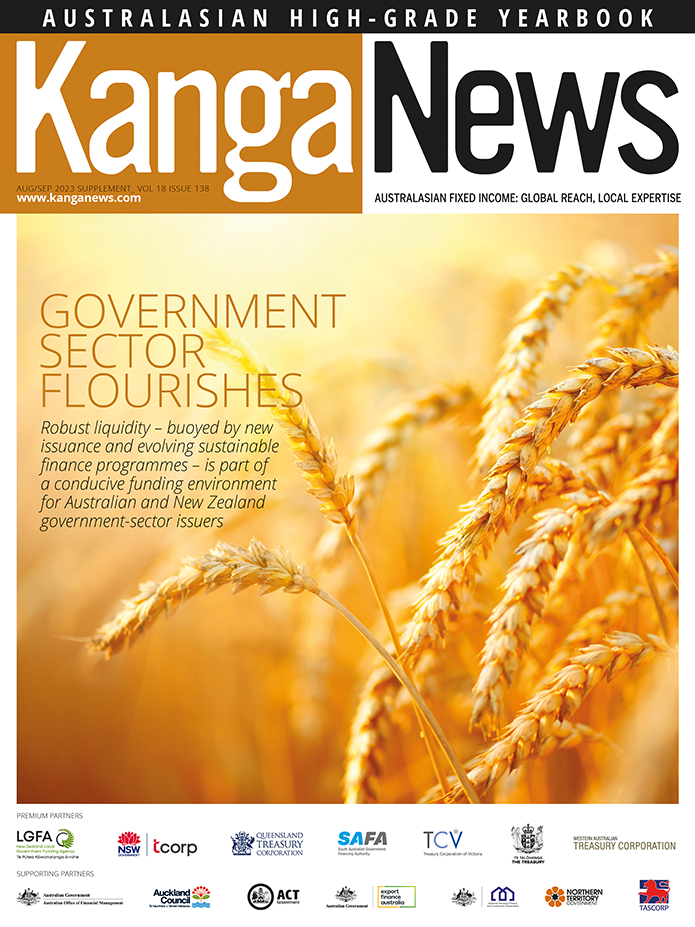
HIGH-GRADE ISSUERS YEARBOOK 2023
The ultimate guide to Australian and New Zealand government-sector borrowers.
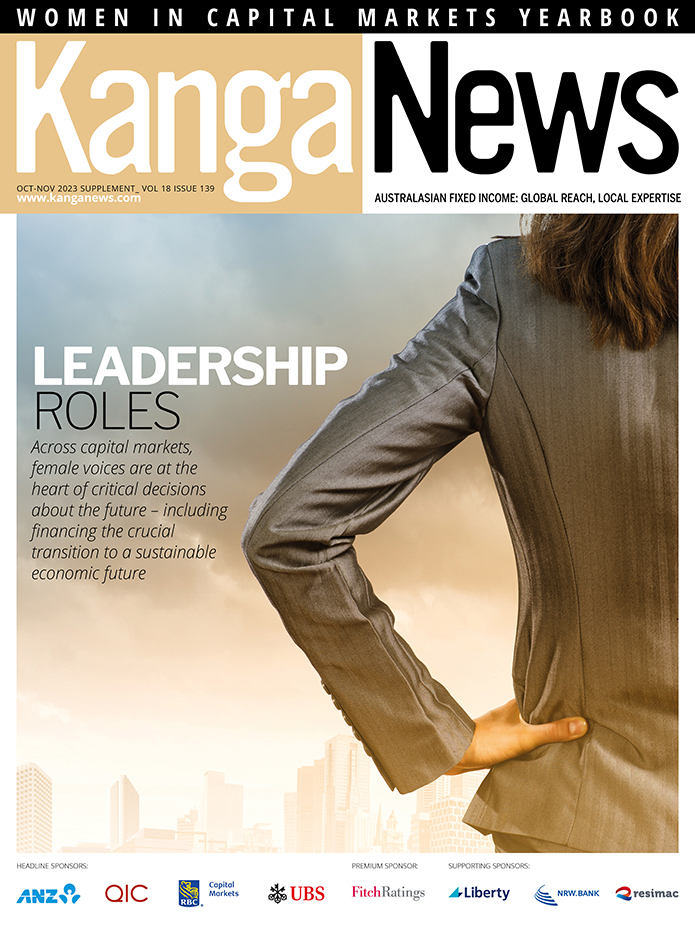
WOMEN IN CAPITAL MARKETS Yearbook 2023
KangaNews's annual yearbook amplifying female voices in the Australian capital market.
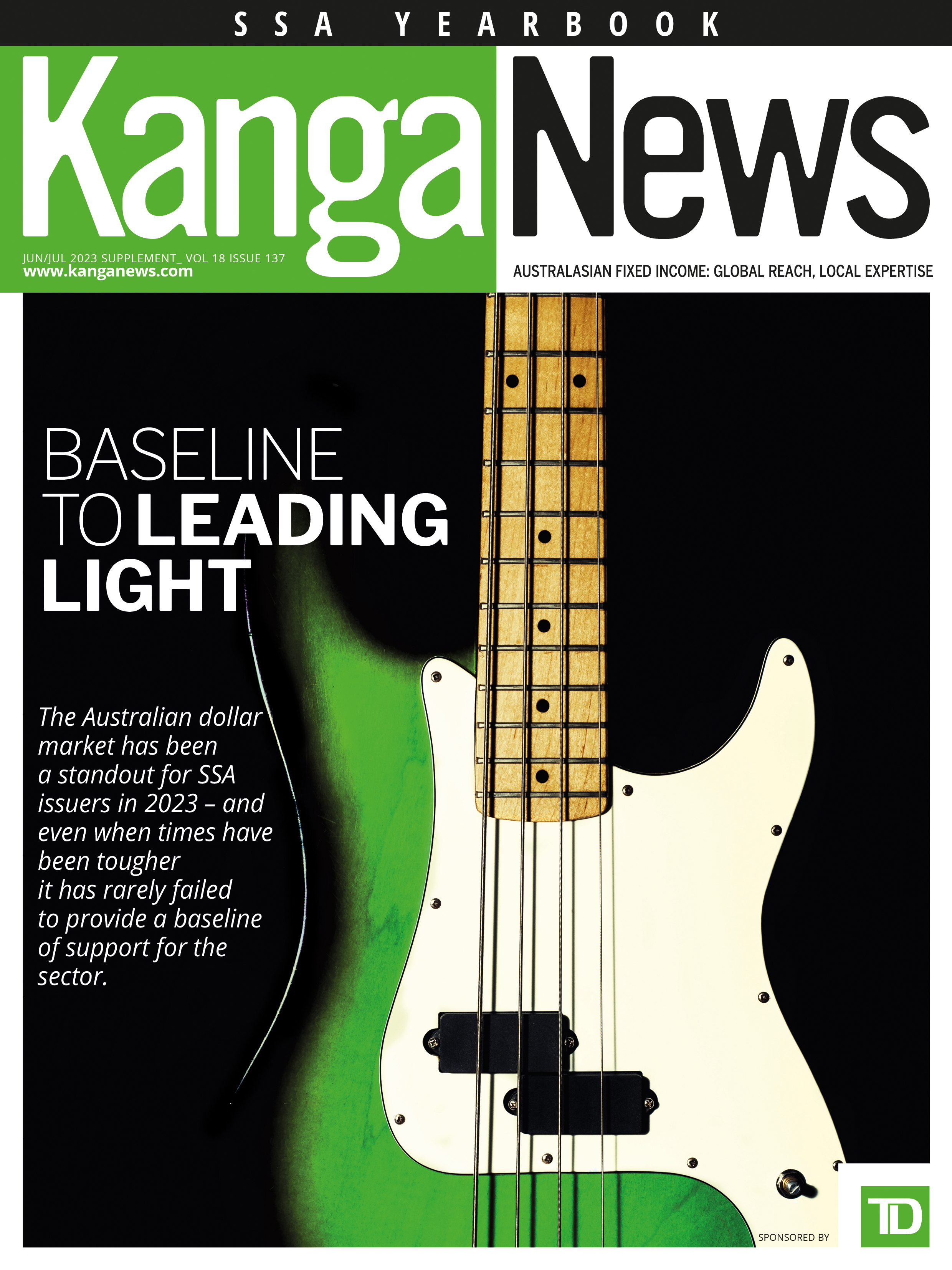
SSA Yearbook 2023
The annual guide to the world's most significant supranational, sovereign and agency sector issuers.









